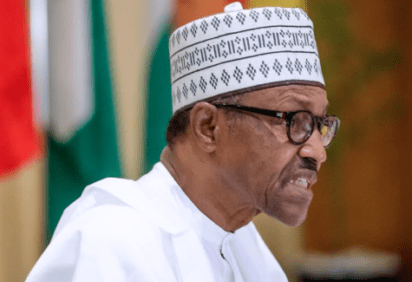
The Nigerian Government has announced plans to cut down N1.5trillion from the N10.59trillion 2020 Budget signed into law by President Muhammadu Buhari in December, 2019.
The Minister of Finance, Budget and National Planning, Mrs. Zainab Ahmed, stated this while addressing journalists after the Federal Executive Council (FEC) meeting on Wednesday.
Ahmed said the cut from capital expenditure stood at 20% while recurrent expenditure would incur 25%.
It will be recalled that the minister had on March 5 gave the hint on the possibility of seeking downward review of the 2020 budget through the National Assembly because of the current drop in the price of crude oil due to the coronavirus pandemic.
The National Assembly had passed the budget at $57 per barrel Oil Benchmark Price but the global crude oil prices are now currently oscillating between $25 and $30.
On Friday, the Federal Government said N285billion had so far been released out of N2.45trillion budgeted for capital expenditure in the 2020 National Budget targeted at financing prioritized and critical infrastructure agencies.
The government added that about $220million had been also released as of penultimate Tuesday as counterpart funding for railway projects.
President Buhari had constituted a five-man presidential review committee on the impact of COVID-19 on the nation’s economy being led by the Minister of Finance, Budget and National Planning.
“What we have done is that we have written every ministry and given them guidelines on how these adjustments will be made to enable us have detailed imputes from the ministries.
“But I can just say that the bulk cut is about N1.5 trillion, the reduction in the size of the budget. And this includes N457 billion from PMS under-recovery,” the minister said.
The minister, who spoke on a number of measures approved by the FEC to cushion the effects of the Coronavirus pandemic on the nation’s economy, said it included the introduction of PMS price modulation mechanism, the cutting down on the size of the federally funded upstream projects of the petroleum sector, and the reduction of the crude oil price from the $57 per barrel budgeted to $30.
The measures also included the amendment of budget projections so that the Medium Term Expenditure Framework reflects the current realities, the cutting down of expenditures, the enhancement of production at the minimum 2.18 million barrels, the adjustment of customs revenue, the review of the modalities for the implementation of the social investment programme and the non-essential tax waivers to realize more revenue.
Copyright Ships & Ports Ltd. Permission to use quotations from this article is granted subject to appropriate credit given to www.shipsandports.com.ng as the source.